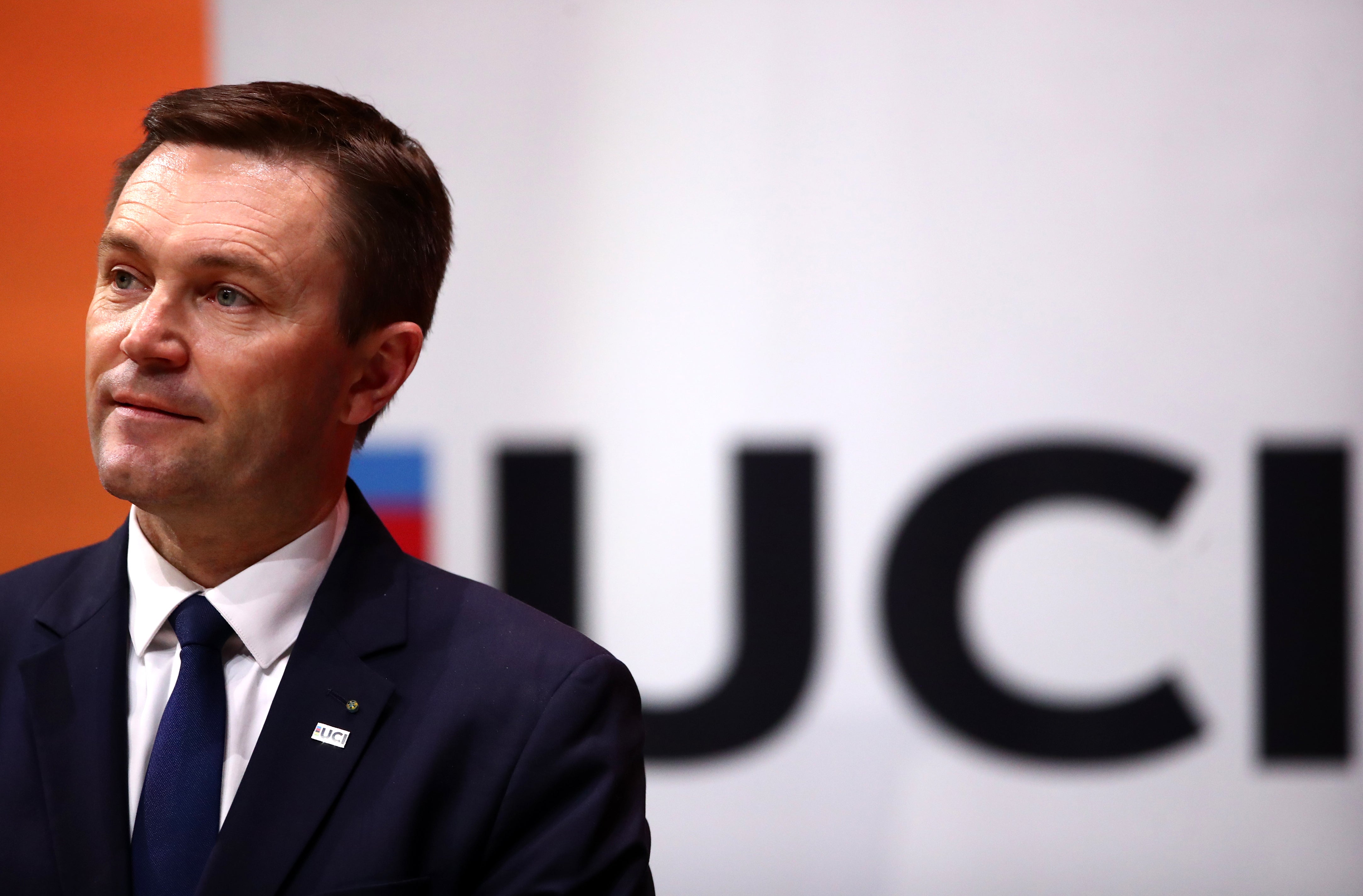Transgender cyclist Emily Bridges ‘harassed and demonised’ after being excluded from competition
The UCI ruled Bridges ineligible to race against the likes of Dame Laura Kenny at the National Omnium Championships in Derby this weekend.

Your support helps us to tell the story
From reproductive rights to climate change to Big Tech, The Independent is on the ground when the story is developing. Whether it's investigating the financials of Elon Musk's pro-Trump PAC or producing our latest documentary, 'The A Word', which shines a light on the American women fighting for reproductive rights, we know how important it is to parse out the facts from the messaging.
At such a critical moment in US history, we need reporters on the ground. Your donation allows us to keep sending journalists to speak to both sides of the story.
The Independent is trusted by Americans across the entire political spectrum. And unlike many other quality news outlets, we choose not to lock Americans out of our reporting and analysis with paywalls. We believe quality journalism should be available to everyone, paid for by those who can afford it.
Your support makes all the difference.Transgender cyclist Emily Bridges has said she has been “harassed and demonised” after being prevented from racing in a women’s event this weekend.
Bridges, 21, had been due to race against the likes of Dame Laura Kenny at the National Omnium Championships in Derby this weekend, her first race in the female category, but on Wednesday evening British Cycling announced that world governing body the UCI had ruled her ineligible.
It is understood that although British Cycling had accepted she had met the requirements – current transgender regulations require riders to have had testosterone levels below five nanomoles per litre for a 12-month period prior to competition – the UCI has not yet granted her switch in licence.
In a statement on social media, Bridges expressed frustration at the process, saying she had been in contact with both British Cycling and the UCI for the last six months, providing the medical evidence necessary, and has not yet been given a full explanation of this week’s decision.
“Despite the public announcement, I still have little clarity around their finding of my ineligibility under their regulations,” Bridges wrote.
“I am an athlete, and I just want to race competitively again, within the regulations set by British Cycling and UCI after careful consideration of the research around transgender athletes.
“No one should have to choose between being who they are, and participating in the sport they love.”
Bridges, who was on British Cycling’s senior academy in 2019, came out as a transgender woman in October 2020. She had continued to compete as a male during her transition, and in February won the men’s points race at the British Universities’ championships in February.

In 2018, Bridges set a national junior men’s record over 25 miles, registering a time which was two minutes faster than any senior female rider has delivered before or since, and her entry into this weekend’s championships sparked a debate over whether it was fair for her to compete.
In Friday’s statement, Bridges added: “As is no surprise with most of the British media, I’ve been relentlessly harassed and demonised by those who have a specific agenda to push.
“They attack anything that isn’t the norm and print whatever is most likely to result in the highest engagement for their articles, and bring in advertising.
“This is without care for the wellbeing of individuals or marginalised groups, and others are left to pick up the pieces due to their actions.”
Bridges said she had remained in contact with British Cycling and the UCI and was seeking an answer on her eligibility.
Earlier this week, UCI president David Lappartient had raised the question of fairness and told the BBC he was concerned about whether current regulations on transgender athletes go far enough.
“In cycling, in swimming, in athletics, the question of fair competition is really a question we must put on the table,” he said. “Is it a right to take part when you do the transition at the highest level or do we have to see if this will affect the fairness of competition?”